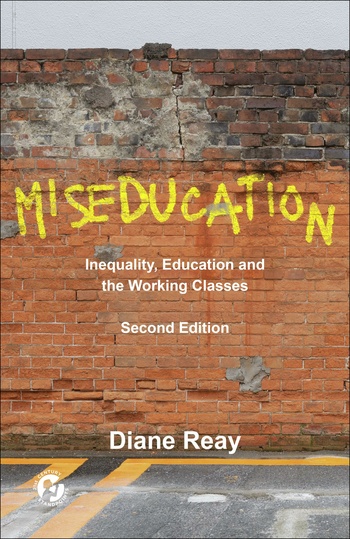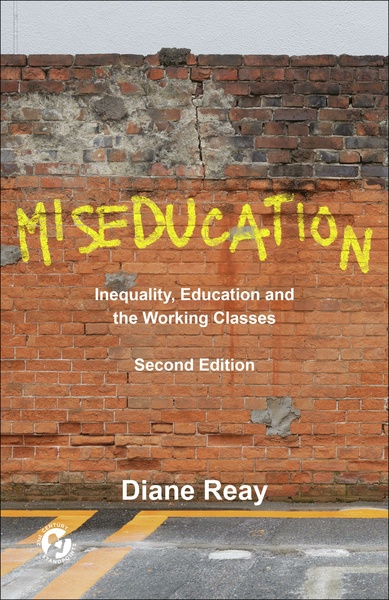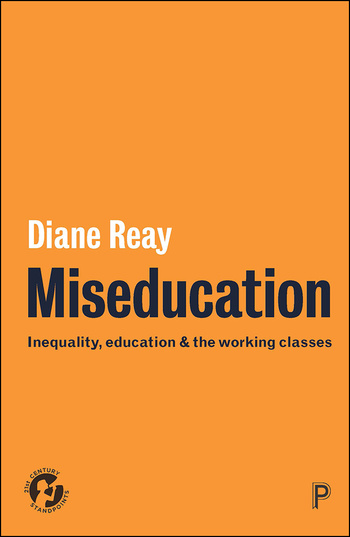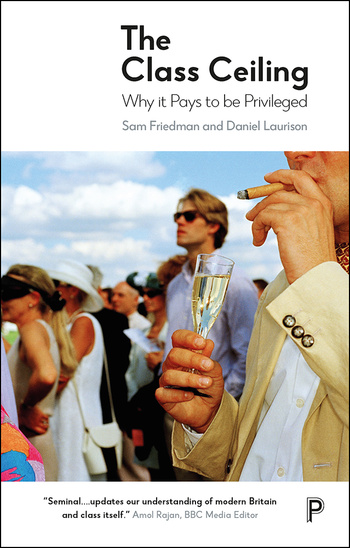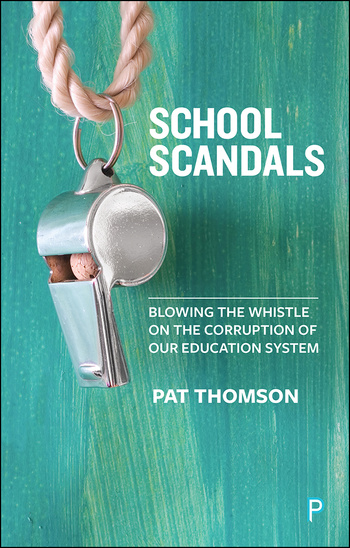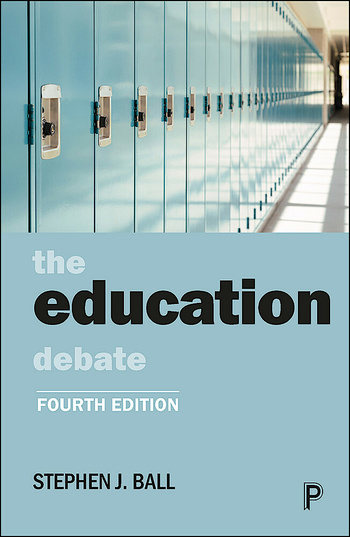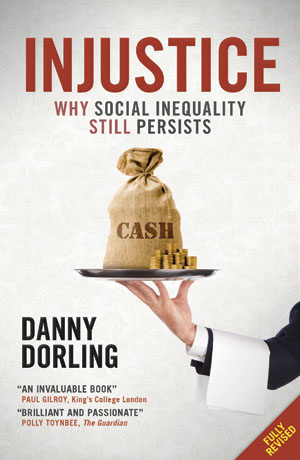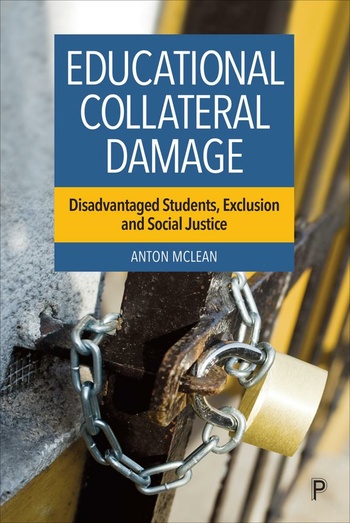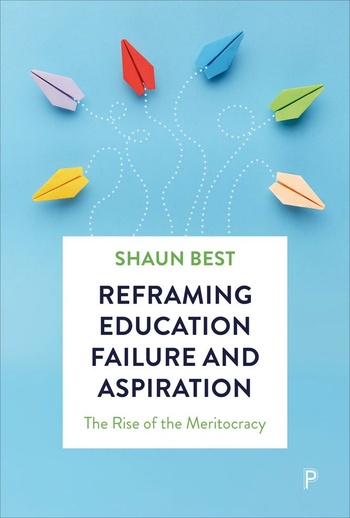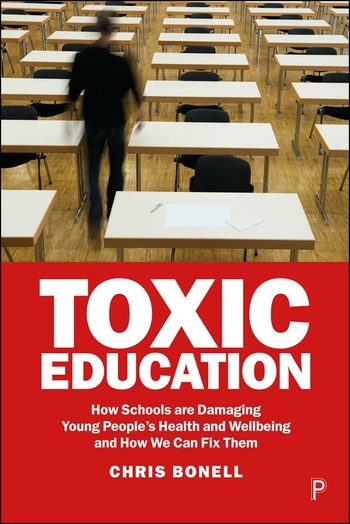In this substantially revised and updated edition of her bestselling book, Diane Reay, herself working class turned Cambridge professor, examines the benefits and costs of educational success for the working classes, comparing working class and middle-class experiences and outcomes of education.
Drawing on over 500 interviews from working class children and young people, she looks at class identity, the inadequate sticking plaster of social mobility and the effects of wider economic and social class relationships on working class educational experiences.
She charts the impact of the rise of academies on education in the UK, the new emphasis on pedagogy, control and discipline and includes two all-new chapters offering a global perspective on education worldwide.
Addressing the still pressing question of why we have ended up with a system that educates the different social classes in fundamentally different ways, she provides clear recommendations for improving education to meet the needs of all children.









